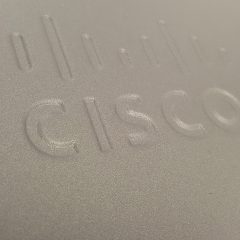Cisco PIX – “What are the files in flash”
KB ID 0000757 Problem With modern Cisco ASA firewalls a show flash (or show disk0) command will give you a descriptive list of what is stored in NVRAM. With an older version 6 firewall the result is a little more confusing. Solution If you connect to the PIX and view the contents of the flash, you will see something like this; Sent username “pix” Type help or ‘?’ for a list of available commands. Petes-PIX>...

